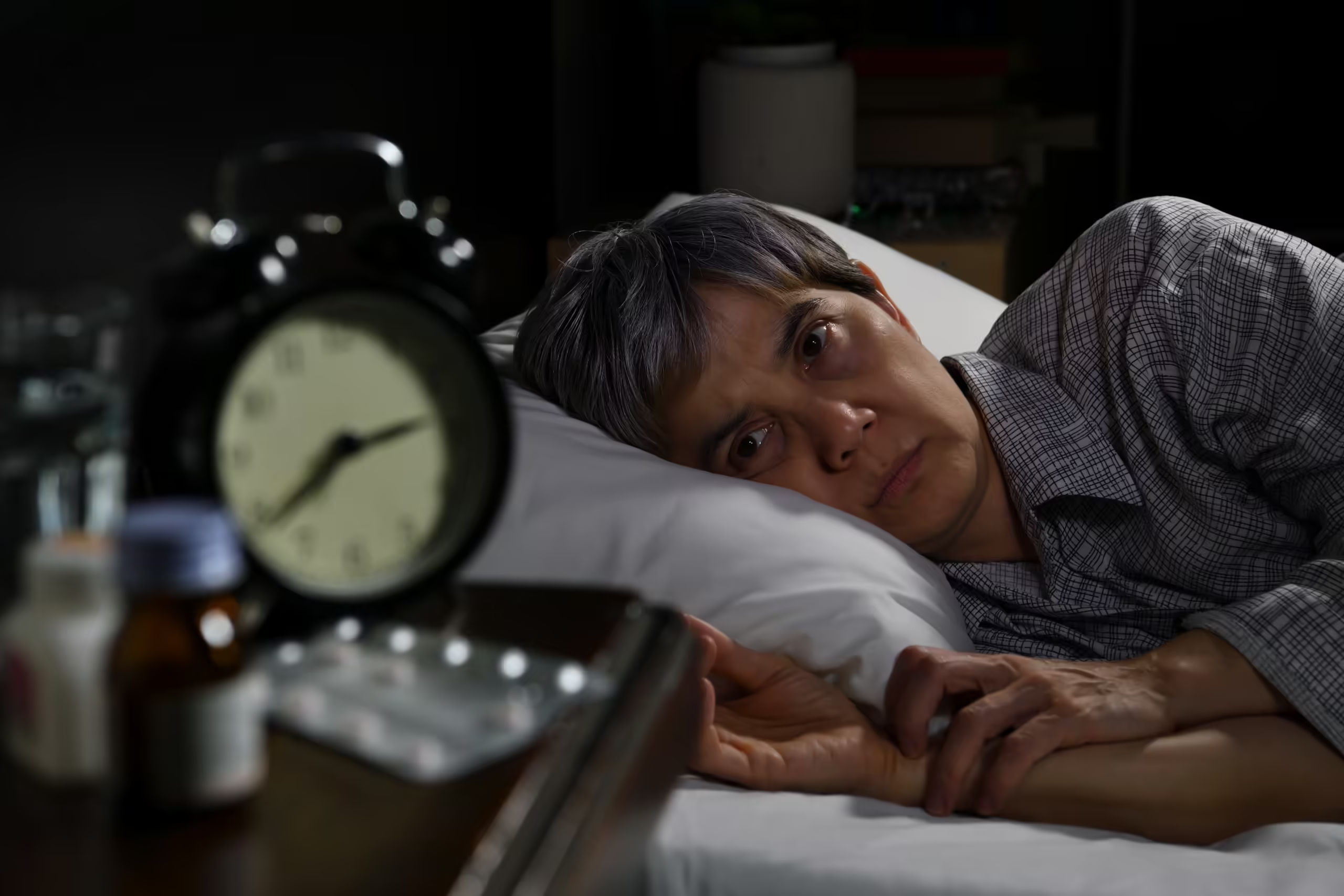Sleep plays a crucial role in maintaining mental and emotional well-being. Unfortunately, in today’s fast-paced world, many women struggle with getting adequate sleep, often due to stress, anxiety or other lifestyle factors. One of the lesser-known consequences of chronic sleep deprivation is the onset of paranoia—a feeling of intense suspicion or fear that others are out to harm or deceive you. At Tapestry, a women-only mental health treatment center, we understand the connection between sleep and mental health. In this blog, we’ll explore how a lack of sleep can contribute to paranoia and what you can do to protect your mental well-being.
The Importance of Sleep for Mental Health
Sleep is essential for cognitive functioning, emotional regulation and mental clarity. During sleep, the brain processes memories, consolidates learning and balances neurotransmitters that regulate mood and thought patterns. When the body is deprived of sleep, it struggles to maintain these critical processes, which can lead to mental health disturbances.
How Sleep Deprivation Can Lead to Paranoia
Paranoia is characterized by an irrational sense of fear or suspicion that is not grounded in reality. While it can be associated with mental health disorders such as schizophrenia or anxiety, paranoia can also be triggered by sleep deprivation. Here’s how:
- Impaired Cognitive Functioning: Lack of sleep reduces the brain’s ability to process and interpret information accurately. This can lead to misperceptions and overreactions to everyday situations, fueling feelings of paranoia. You may start to believe others are talking about you behind your back or that they are plotting against you, even when there is no evidence to support these thoughts.
- Increased Anxiety: Sleep deprivation can heighten anxiety levels, making it difficult to manage stress. As anxiety increases, so does the likelihood of paranoid thinking. You may find yourself ruminating on negative thoughts, questioning the motives of others and imagining worst-case scenarios.
- Emotional Dysregulation: When sleep-deprived, the brain struggles to regulate emotions, causing mood swings, irritability and an exaggerated sense of fear. This emotional instability can contribute to paranoid thoughts, as it becomes harder to distinguish between real and imagined threats.
- Reduced Ability to Cope: Lack of sleep impairs your ability to cope with stressors effectively. Minor challenges can feel overwhelming, leading to a sense of being out of control. When you’re sleep-deprived, your brain is more likely to jump to conclusions, resulting in irrational suspicions or paranoia about situations or people in your life.
Signs That Sleep Deprivation is Affecting Your Mental Health
If you’ve been experiencing any of the following signs, it could be an indication that lack of sleep is impacting your mental health:
- Excessive worry or fear that others are judging or talking about you
- Constantly feeling like you’re being watched or monitored
- Difficulty concentrating or making decisions
- Mood swings or emotional outbursts
- Increased feelings of anxiety or irritability
How to Improve Sleep and Manage Paranoia
If sleep deprivation is contributing to paranoia or other mental health challenges, it’s important to prioritize sleep hygiene and seek help if necessary. Here are a few tips to improve your sleep:
- Create a Sleep Routine: Going to bed and waking up at the same time each day can help regulate your body’s internal clock.
- Limit Stimulants: Reduce or avoid caffeine, nicotine and alcohol in the hours leading up to bedtime, as these substances can interfere with your ability to fall and stay asleep.
- Practice Relaxation Techniques: Incorporating mindfulness, deep breathing or meditation into your bedtime routine can help calm your mind and prepare you for restful sleep.
- Seek Professional Help: If sleep problems are persistent and affecting your mental health, professional support is crucial. At Tapestry, we provide holistic mental health treatment that addresses sleep disturbances and the resulting emotional challenges.
Sleep deprivation can have serious effects on your mental health, including the development of paranoia. By prioritizing sleep and seeking support from professionals at Tapestry, you can restore your well-being and reduce the risk of paranoia and other mental health issues. Sleep is not just a luxury—it’s essential for maintaining a balanced and healthy mind.






